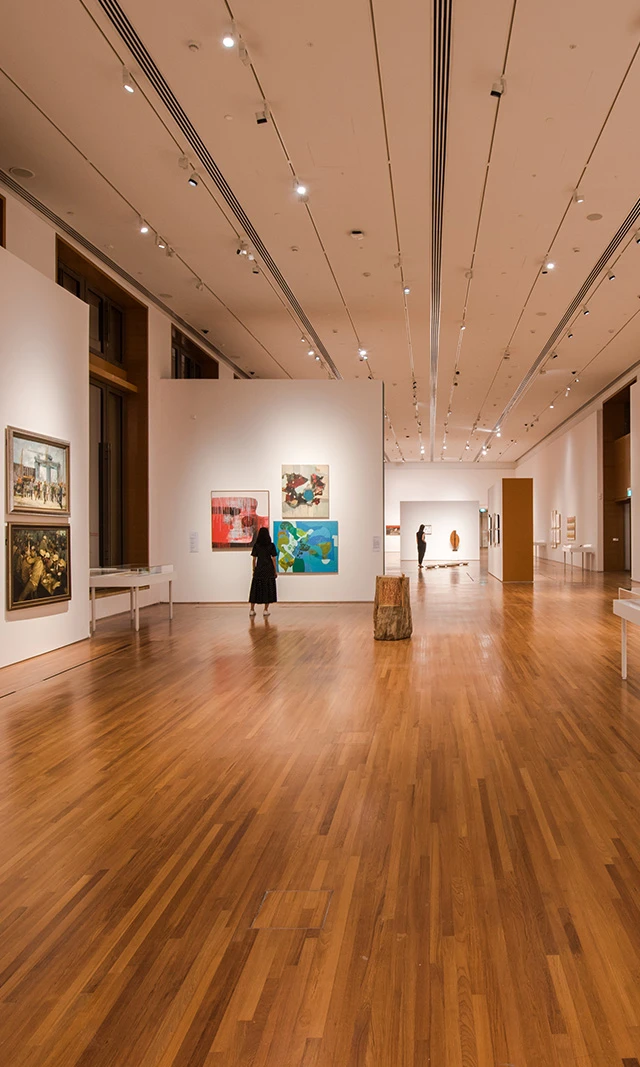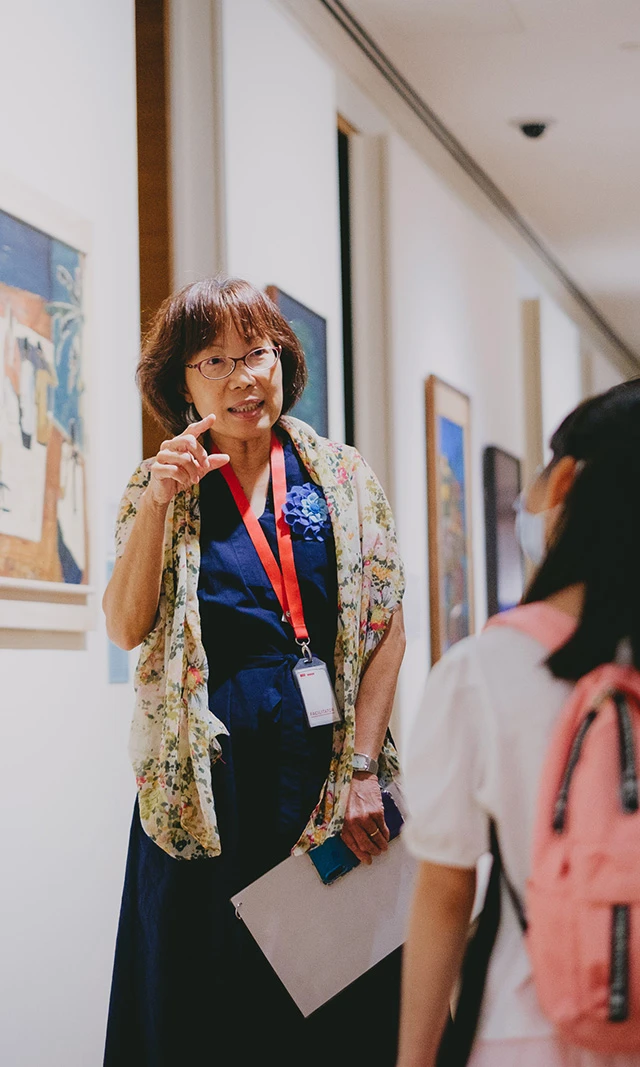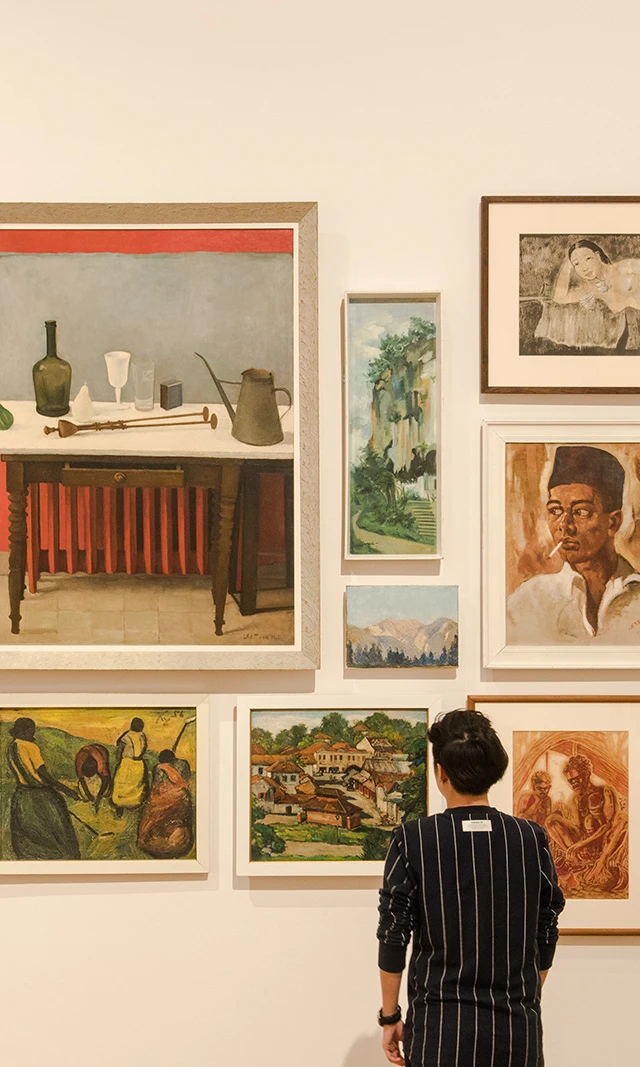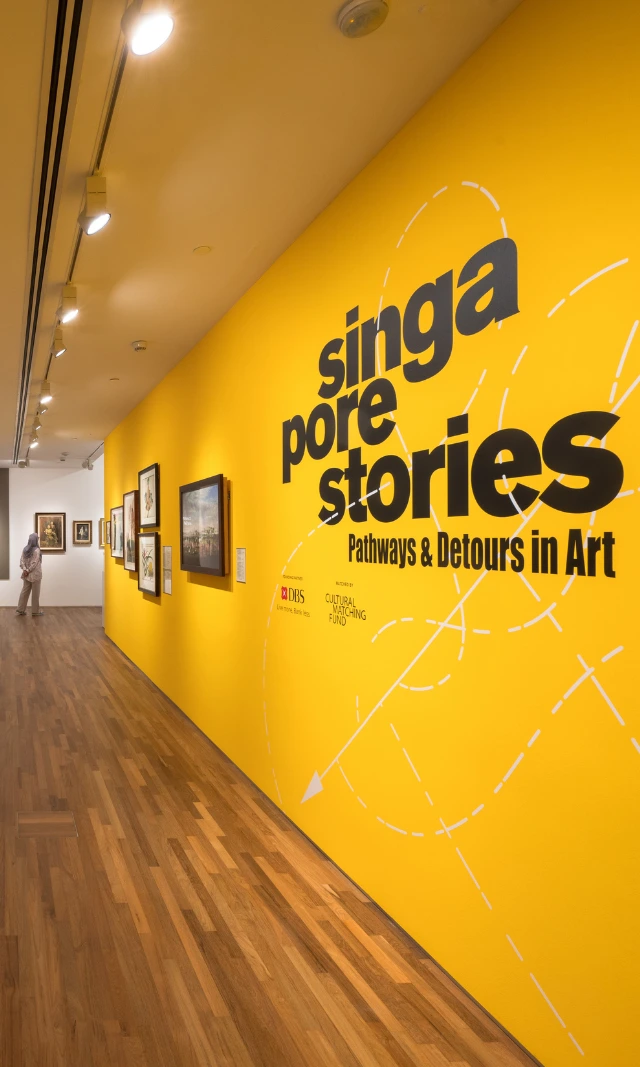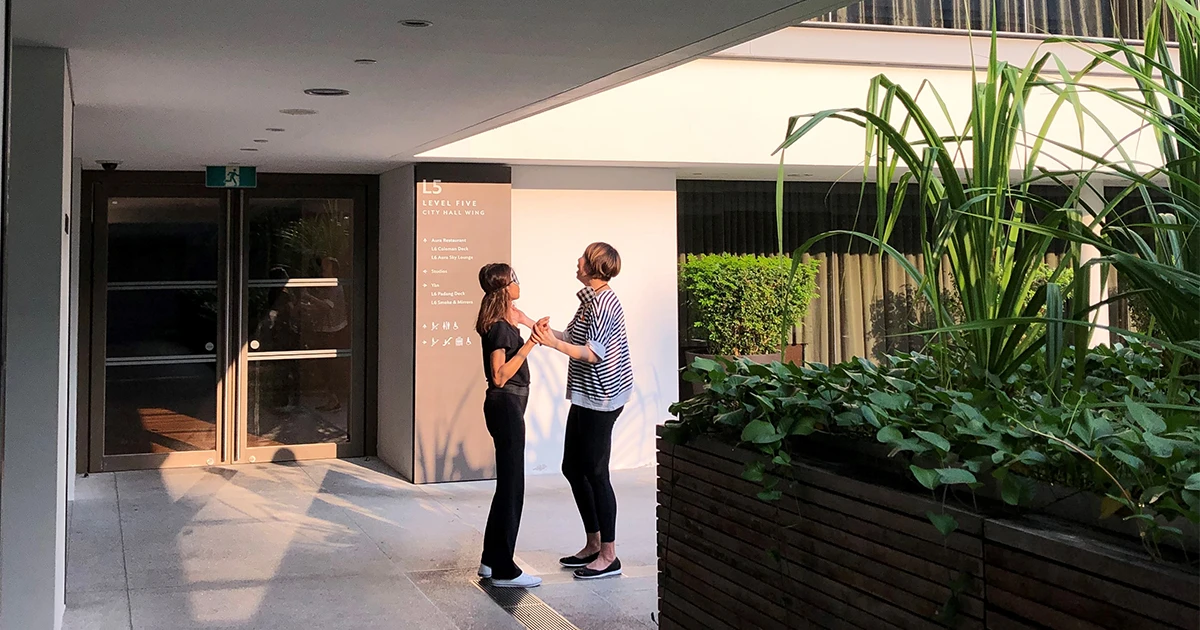A Dialogue on Painting with Light Kolektif in Conversation with Leon Cheo, director of SIN-SFO
In the first of three conversations over the month of October with selected directors of the 2020 edition of Painting with Light: Festival of International Films on Art, Leon Cheo discusses his film SIN-SFO. He speaks to Kolektif members Tay Yu Qing and Tang Zi Xuan film about the film’s complex dilemmas and attendant anxieties of emigration.

Where is home, truly? Is it located in one’s place of origin? Is it defined by citizenship, which is a legal relationship between a state and an individual? What happens when this legal status is revoked? Has home always been an imagined community, where social relations of reciprocity and responsibility transcend any formal obligations?
In Leon Cheo’s SIN-SFO, married couple Danny and Angie make their way to the Singapore consulate-general in San Francisco, debating a decision that will change their lives forever. The film screens at this year’s Painting with Light: Festival of International Films on Art, running from 2 to 25 October 2020. The festival’s first-ever online edition features a selection of Southeast Asian stories that reframe the notion of “home"—both as material dwelling and lived experience.
Yu Qing and Zi Xuan, members of Gallery’s Kolektif, spoke to the director in his home in Singapore about his artistic practice and personal experience with migration over Zoom, especially related to his personal and professional growth in the United States (US). His web series People Like Us was nominated for Best Short-Form Series at the 2020 International Emmy Awards—a Singapore first.
This interview has been edited for brevity and clarity.
Yu Qing: Tell us about yourself and how you started out making films.
Leon: My love for film started when I was a teenager. I have an uncle who was into movies, so that sparked my love for them. I was watching the Oscars and thought “oh this is kind of cool, maybe I should give it a try.” So, I enrolled in Objectifs for a course in filmmaking. At that time, I already had a place in Film, Sound and Video in Ngee Ann Polytechnic. From there, I fell in love with the medium.
Fast forward to 2020, I’ve made nine short films and two seasons of a web series called People Like Us. Besides my own personal directing projects, I’ve produced for other filmmakers, and worked on commercials and the 49th and 50th National Day Parade.
Zi Xuan: What inspired you to make your most recent short film, SIN-SFO?
Leon: I recently moved to the US and was looking for stories to tell there. The roommate I was living with was a Singaporean, who told me about his parents becoming US citizens and renouncing their Singapore citizenship. I read somewhere that there are only three reasons why people emigrate: work, love, and disaster or crisis. I have always been very curious about the experience of emigration and its complexities. Immediately, I knew this was the story I was looking for.
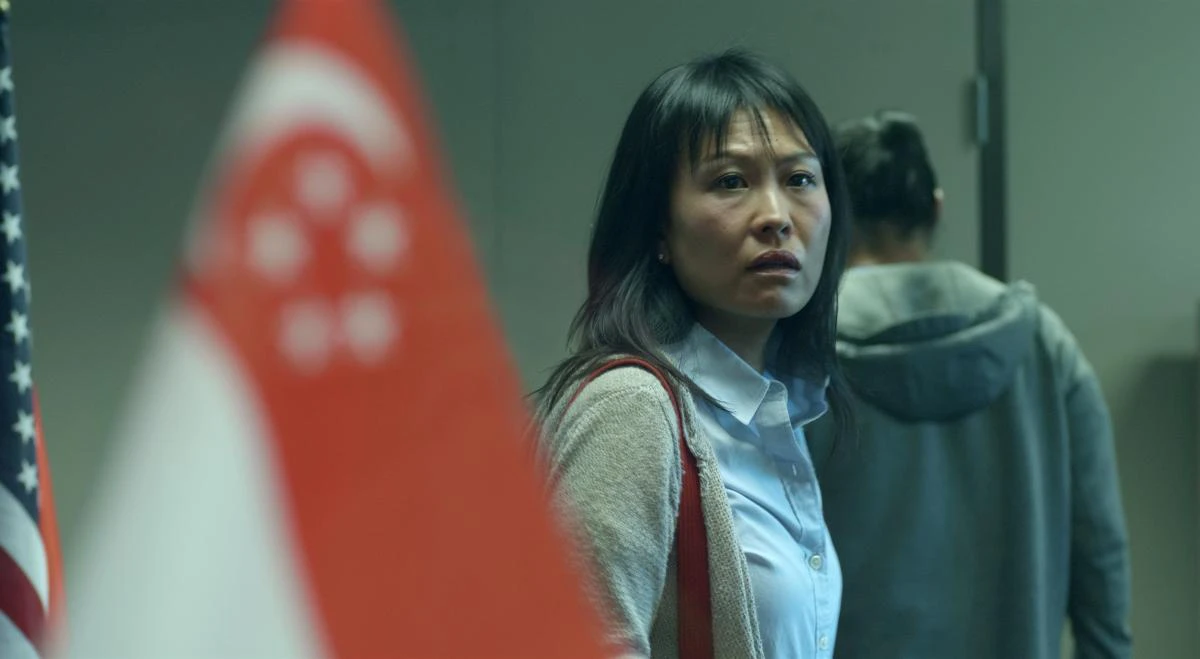
Yu Qing: What is it about the US film industry or culture that made you decide to live and work there?
Leon: I don’t think the draw of telling stories overseas attracted me, rather I was interested in the ability for reinvention and the so-called “American Dream.” I think the concept of emigration is so attractive since it’s about reinventing yourself and having the ability to create a new history because no one knows who you are. I think it has been a great relief for me as a filmmaker.
I often lament that Singapore can be small and overly protected. I think being away from that has fuelled my creativity. Art and film in Singapore has always had a contentious relationship with censorship, so I was able to experience a sense of reprieve in my creative endeavours in the US.
Yu Qing: Let’s discuss the cinematography of SIN-SFO. We noticed the use of handheld camera shots in the film—could you tell us more about this?
Leon: Employing a handheld style was a conscious choice to create a sense of intimacy with the characters and their inner dilemmas. The camera is always observational and like a fly on the wall, quietly observing the character’s dynamics. Also, I didn’t want the camera work to be too flashy and bring attention to itself. My cinematographer, Jon Keng and I created this “visual obstruction,” so that it seems viewers are right next to the characters. In the car scenes, when deciding if we should use a mount, it became quite obvious that the camera should be inside the car based on the emotional connection that the audience could make with the characters during this fraught moment. Also, it made the process of filming simpler and less costly.
Yu Qing: Yes, we got so close up with the characters that we could spot a pack of iconic Singaporean ice gem biscuits! Was it easy to find it in the US, specifically the classic Khong Guan brand?
Leon: I intentionally peppered the film with little Singaporean details. Those biscuits were given to me by a friend in a care pack. Since I didn’t finish them, I thought, why not have this as a snack in the car scenes as an easter egg of sorts, and to engender a sense of familiarity with our Singapore audience.

Yu Qing: Another hint of familiarity came from the Singaporean accent. Lydia Look, who plays the main character Angie Ong, is Singaporean so her accent came naturally. However, Jen Sun, who plays her husband Danny Goh, isn’t from here, so did you coach him to develop a Singaporean accent?
Leon: I think that’s a great question, because we are so fascinated with our accent and Singlish! Yes, it was a conscious decision to have Singlish in the film because honestly, I love Singlish. In fact, among Singaporeans in Los Angeles (LA), we do go into “Singlish mode.” We are so used to code switching even in Singapore. My actors, Lydia and Jen are an offscreen couple. I know Lydia purely based on the Singaporean connection. As for Jen, he’s learned quite a bit from Lydia and all the interactions he’s had. However, being Taiwanese-American, it was still challenging for him to pick up the accent. I recorded myself reading the whole script so that he could get the intonations.
Yu Qing: This film has been screened in Singapore to critical acclaim, as well as abroad in Indonesia and the US. Between local and overseas audiences, are there any differences in the way this film has been received?
Leon: Yeah, people who have lived in Singapore have a more nuanced understanding of the story, the subtext, and the subtleties, and understand the concerns better as this film is made from a Singaporeans’ perspective. They get the details of Lee Kuan Yew, CPF [Central Providence Fund] and comparisons between the HDB [Housing Development Board] flats and the columbarium. I think Americans or people who have not lived here are more likely to see this as an immigrant film, as a genre, that speaks to the more universal concerns of diaspora and belonging.
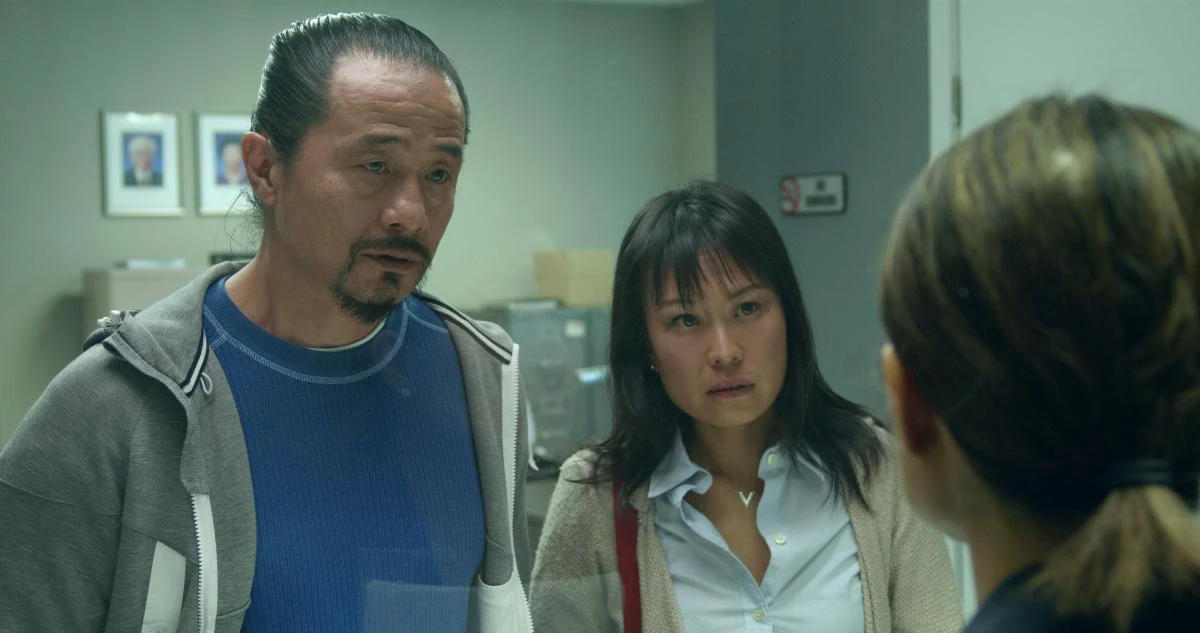
Zi Xuan: I’m curious about the locations you filmed in. It's the first time I’ve seen the interior of a Singapore embassy. Did you rely on local connections? Was it even an actual embassy? Is the lady in the embassy an actor or someone working inside? I can’t imagine the amount of paperwork you needed to get it shot!
Leon: It’s not the actual embassy but I did visit the actual consulate in San Francisco. I went there for some early location scouting, a couple of days before the Singapore Day event in San Francisco. I couldn’t take photos so I relied on my memory, having taken a look around to get a rough sense of its atmosphere and dimensions. We then looked for an empty office in LA that we could dress up.
Zi Xuan: You mentioned this film was inspired by your roommates’ parents’ experiences. Have they seen the film? What was their response?
Leon: Actually, my roommate was involved in the production, as a crew member in lighting. He did eventually show his parents the film and they were just kind of amused. I did meet them to learn more about the renunciation process and to get to know them as people, which informed the film in an indirect way.
It’s interesting how the narrative of Singaporeans leaving Singapore has changed over the past few decades. I believe when Goh Chok Tong was Prime Minister, he basically shamed people who left the country, calling them “leavers.” But yes, the question was really: “Do you want to be a leaver or a stayer?”[1] In this recent decade, it has become something more like “Yeah, go out there and see the world and experience the outside world! But then, come back. To Singapore, to grow Singapore.” So there’s a changing perception of Singaporeans leaving, and more of an effort to grow the diaspora and a sense of identity.
And you know, things like Singapore Day are essentially created to engender a sense of shared identity and to remind Singaporeans of Singapore. It also hints at the possibility of coming home, eventually.
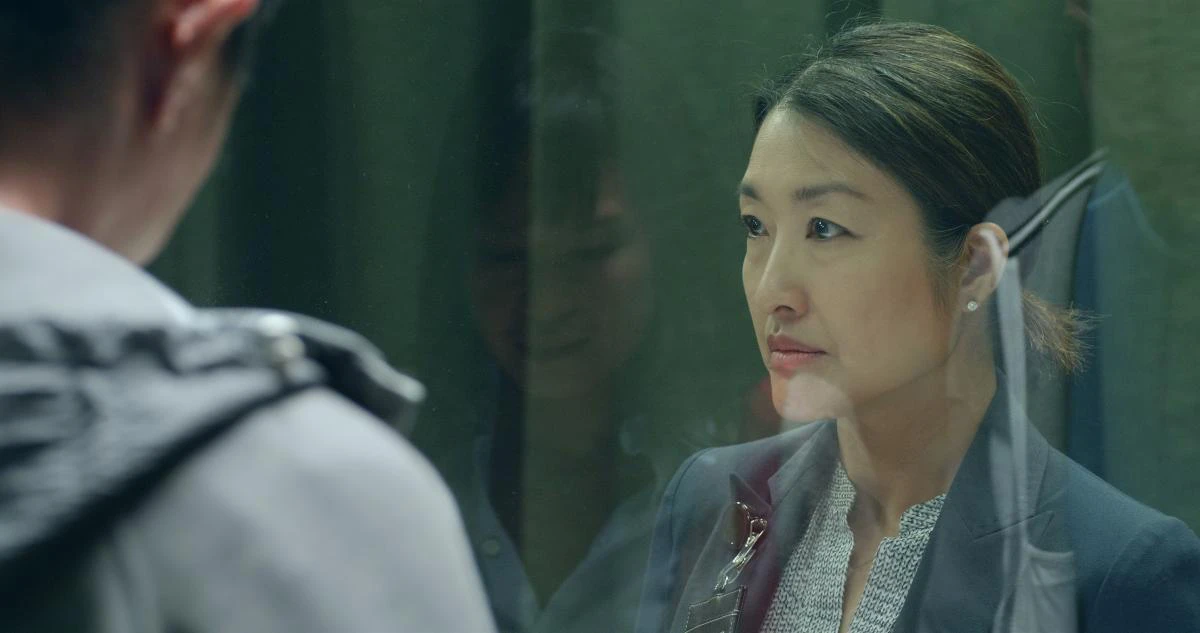
Zi Xuan: When I watched this film, I felt that at its core, it was a film about emotions. I felt like there were a lot of technical decisions you made in trying to emphasise its emotional depth. What were the sort of emotions you were trying to portray and why were they important in relation to this idea of home?
Leon: When I had the idea for this short film, I was drawn to the process of renunciation of citizenship. I was fascinated that the forms required for this process are available online, so you can see how they have evolved over the years. You can tell that they have been photocopied and printed many, many times.
These forms ask you all kinds of details, both deeply personal information and incredibly bureaucratic ones too, like whether you want a cooling-off period for renunciation of citizenship, which felt so Singaporean. These forms are functional, but the whole idea of renouncing where you were born, where you’re from, is such an emotional ordeal. To be honest, most people who do it don’t really care about the emotional side of it, but the thing is, I would be emotional. I grew up in Singapore, and I have a strong sense of my upbringing here. I do not think that can ever be erased.
So back to your question, the forms were cold, bureaucratic, but the emotional labour, the experience of doing so was very emotional, very nostalgic. I wanted to present that exact dichotomy, the juxtaposition of that emotional release and experience that built up right to the end and is never repaid.
Zi Xuan: What would you like your audience to take away from this film?
Leon: That’s always a hard question to answer, since I can’t control what audiences take away from the film. But I definitely wanted to portray the experience of renunciation, and to contrast the emotion of leaving where you’re from with adopting something new. It was a similar experience for me when I moved to the US, and this very comparison between the bureaucratic and emotional was what I wanted to surface in the character, Angie’s dilemmas. I saw this love for Singapore in Angie, but sometimes not all of it is given back to her.
Editor’s Note: Painting with Light: Festival of International Films on Art runs from 2 to 25 October 2020 for Singapore-based audiences online. Watch SIN-SFO and other Southeast Asian shorts here.
Notes
- In his National Day Rally Address in 2002, then-Prime Minister Goh Chok Tong addressed the issue of a sense of belonging amongst Singaporeans. Cheo refers to his remark, “Fair-weather Singaporeans will run away whenever the country runs into stormy weather. I call them "quitters". Fortunately, "quitters" are in the minority. The majority of Singaporeans are "stayers".” Goh Chok Tong, “Remaking Singapore – Changing Mindsets” (National Day Rally Address, NUS University Cultural Centre, August 18, 2002) Singapore Government Press Release, https://www.nas.gov.sg/archivesonline/data/pdfdoc/2002081805.htm.




